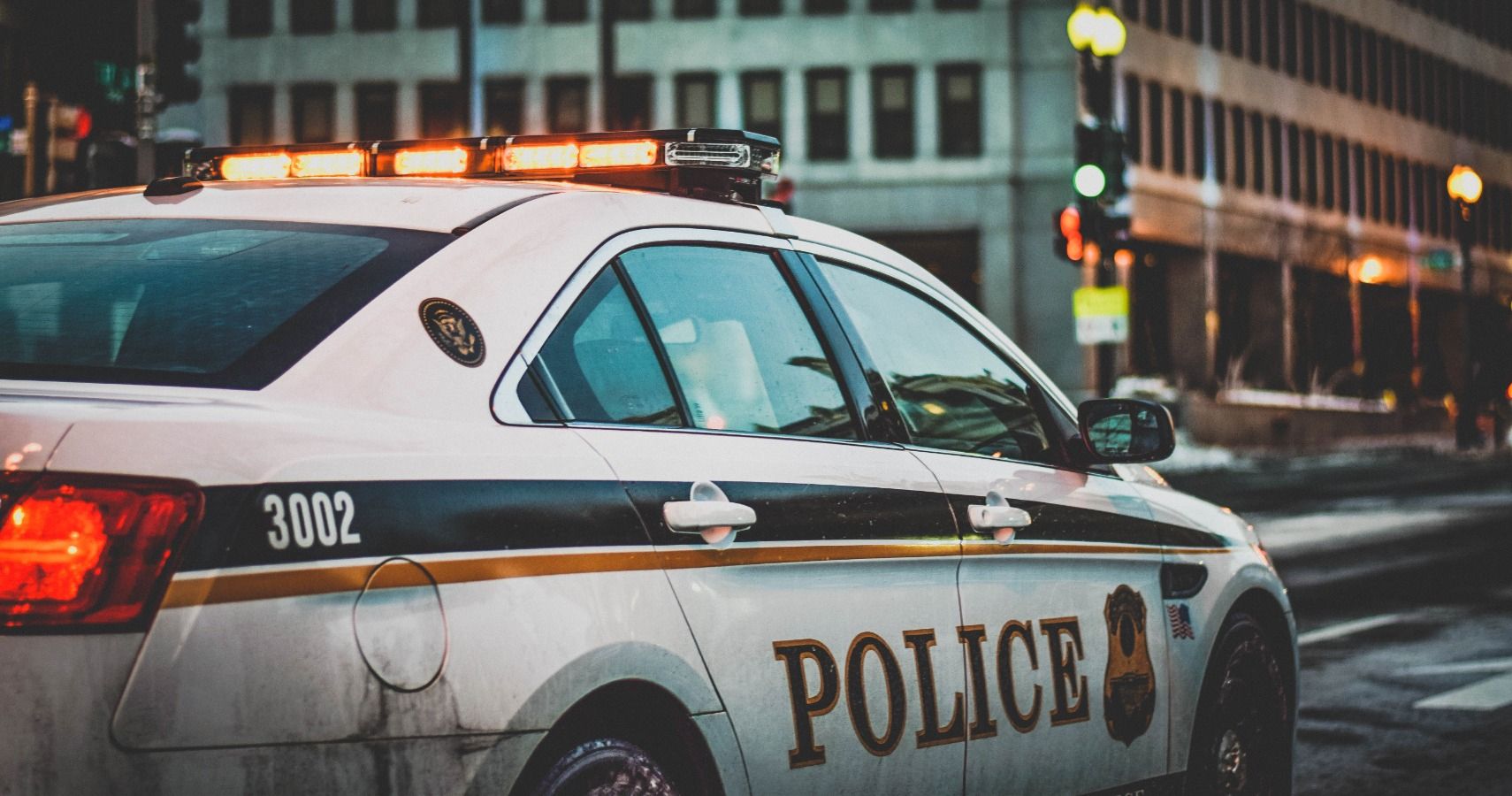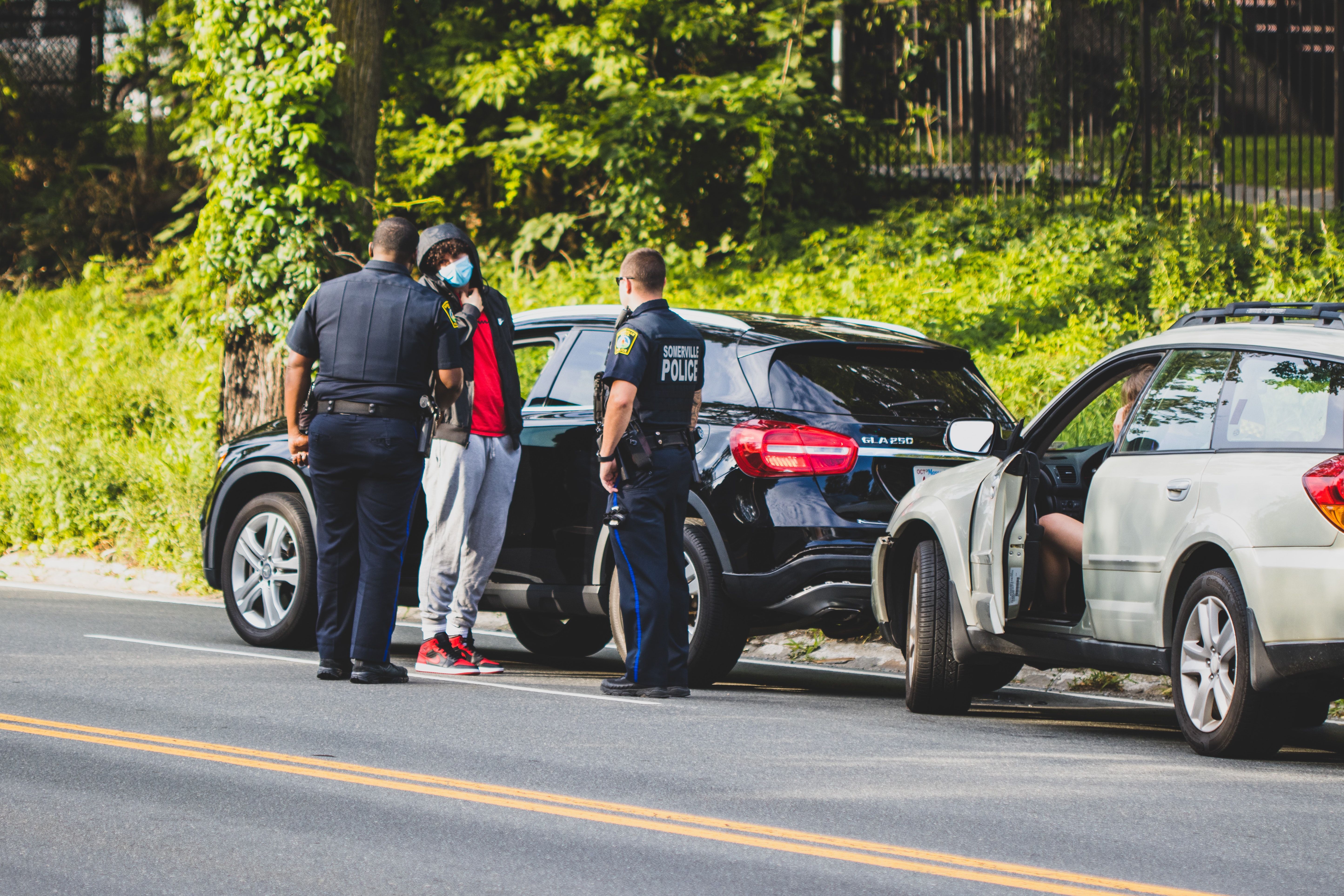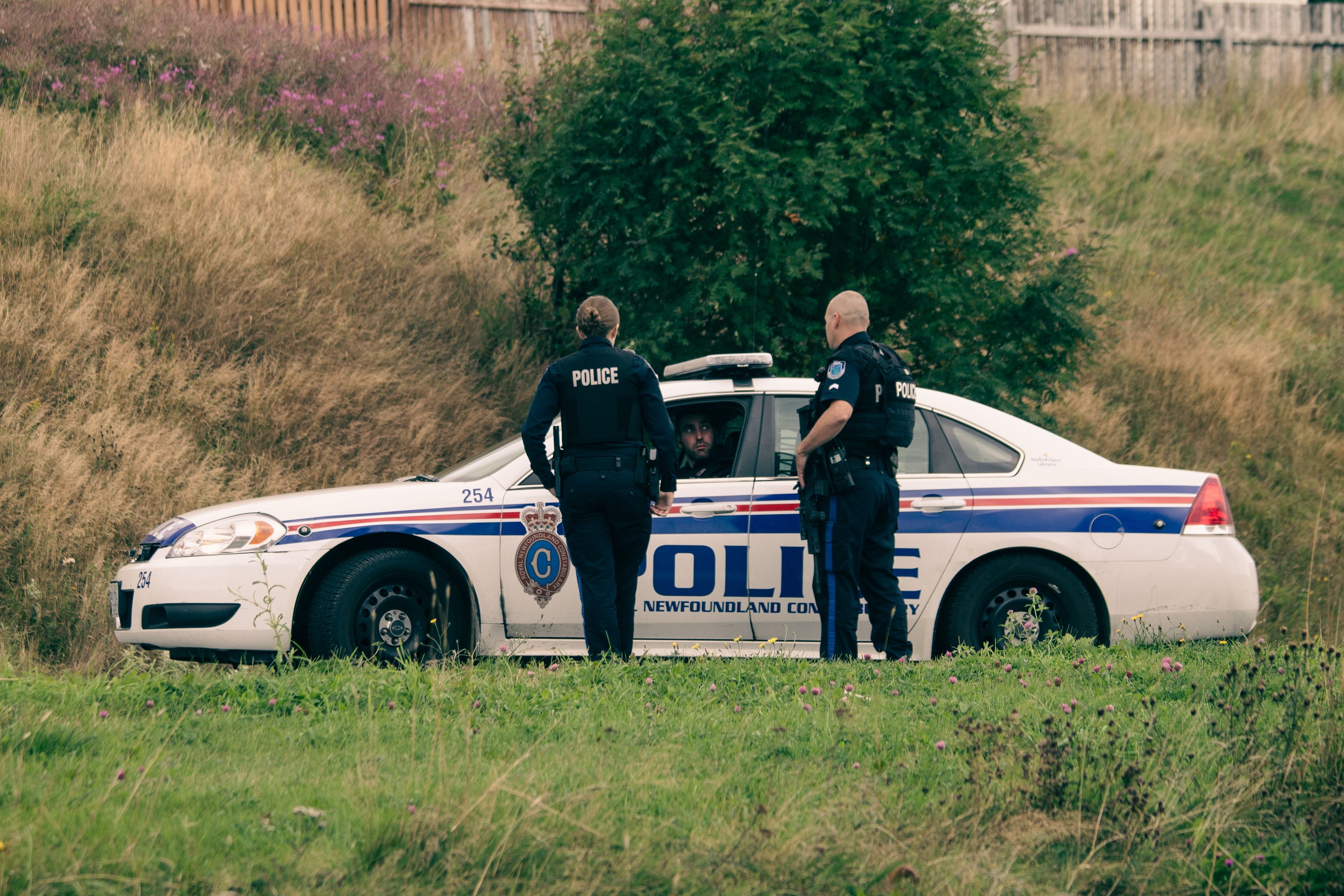Getting pulled over by police officers is an uncomfortable and very stressful experience for most people. You can be 100% positive you didn't do anything wrong, yet you'll feel cold sweat creeping up on you like you're a criminal. Although cops don't always perform traffic stops for violations (e.g., they also do so to warn people about potentially dangerous situations), both parties consider them as negative and stressful occurrences.
More than one report and data collected from police departments show that many cops get wounded or killed yearly during traffic stops. This increases stress and fear in officers that need to pull people over, which further may make them irritated, nervous, and according to some statistics, overly aggressive. Such behavior makes things more frightening for the drivers who get pulled over, so it's all really one potentially dangerous circle.
If you want to feel more relaxed when interacting with police officers and in case you get pulled over, it may help to better understand why cops act in some ways on some occasions. For example, when police officers touch the back of your car during a traffic stop, you may get startled and scared. Yet, this is a safety action that should not worry you. Here's a more detailed explanation.
Cops Touch The Back Of Cars During Traffic Stops To Ensure The Trunk Is Closed And Leave Fingerprints
If you haven't been pulled over so far and experienced it yourself, you've probably seen it in movies or on social media videos. Once a police car activates its lights and a driver stops, a cop gets out of the car and, while approaching the pulled-over car, they briefly touch its rear, whether a tail light or a trunk. Why do cops do this, you may wonder?
The primary reason is safety. Cops will touch the trunk to ensure it's properly closed, so if anyone hides there, they can avoid a potentially dangerous situation. Although it may sound incredible, police departments did record such things as ambushing from behind (and out of the trunk) happening in the past.
Still, it's worth mentioning that all new cars now have safety latches (contrary to rides built before the 2000s), so their trunks can't simply pop open. Therefore, newly trained police officers might not have received the instructions to touch the trunk as their older colleagues.
Cops will also touch other parts of the car to leave their fingerprints, so if anything happens, there's evidence the police officer was present at the scene. This reason may seem a little unnecessary now that more and more police officers travel in highly modern vehicles equipped with the latest tech and cameras. However, technology does fail, and physical evidence is still unbeatable.
Cops Will Touch The Back Of A Car To Startle The Driver Too
Another reason cops touch the back of cars during traffic stops is to startle the drivers. Because they often face dangerous situations with pulled-over drivers, cops expect to run into all kinds of people, including those who possess prohibited items. That's why they use the startling technique, as it makes the driver pause and allows the cop to read into the action and potentially discover the cause for the pause.
Therefore, when touching the back of cars during traffic stops, cops expect those who carry illegal things or have done something wrong to become more nervous or even come clean because of unexpected fear. Unfortunately, this can also make innocent people anxious and only worsen the situation.
If you get pulled over and hear a tap on your car, know that this is a routine action that some officers perform for safety reasons. Try to stay calm and carefully listen to the instructions. As we mentioned, cops can get tense during pullovers, so it's best to avoid any discussions.
Some of the instructions you'll get from most police departments regarding traffic stops are to pull over safely, keep your hands on the wheel, so the officer can see them, sit calmly, and avoid stepping out of the vehicle if not otherwise instructed. Departments also advise against arguing with the officers, even if they make a mistake you don't agree with. If you have complaints about the officer's actions, it's best to fail a complaint later by calling or visiting the local department.
Remember, because of the recorded violations from both sides, authorities warn against engaging in discussions and recommend calm reactions to both parties. But you have your rights, and there's no need to worry too much about pullovers. Many of them can happen for marginal reasons, and they may resolve your fears once you meet polite and attentive police officers.
Sources: Federal Bureau of Investigation, New York Times, Notre Dame Police Department



